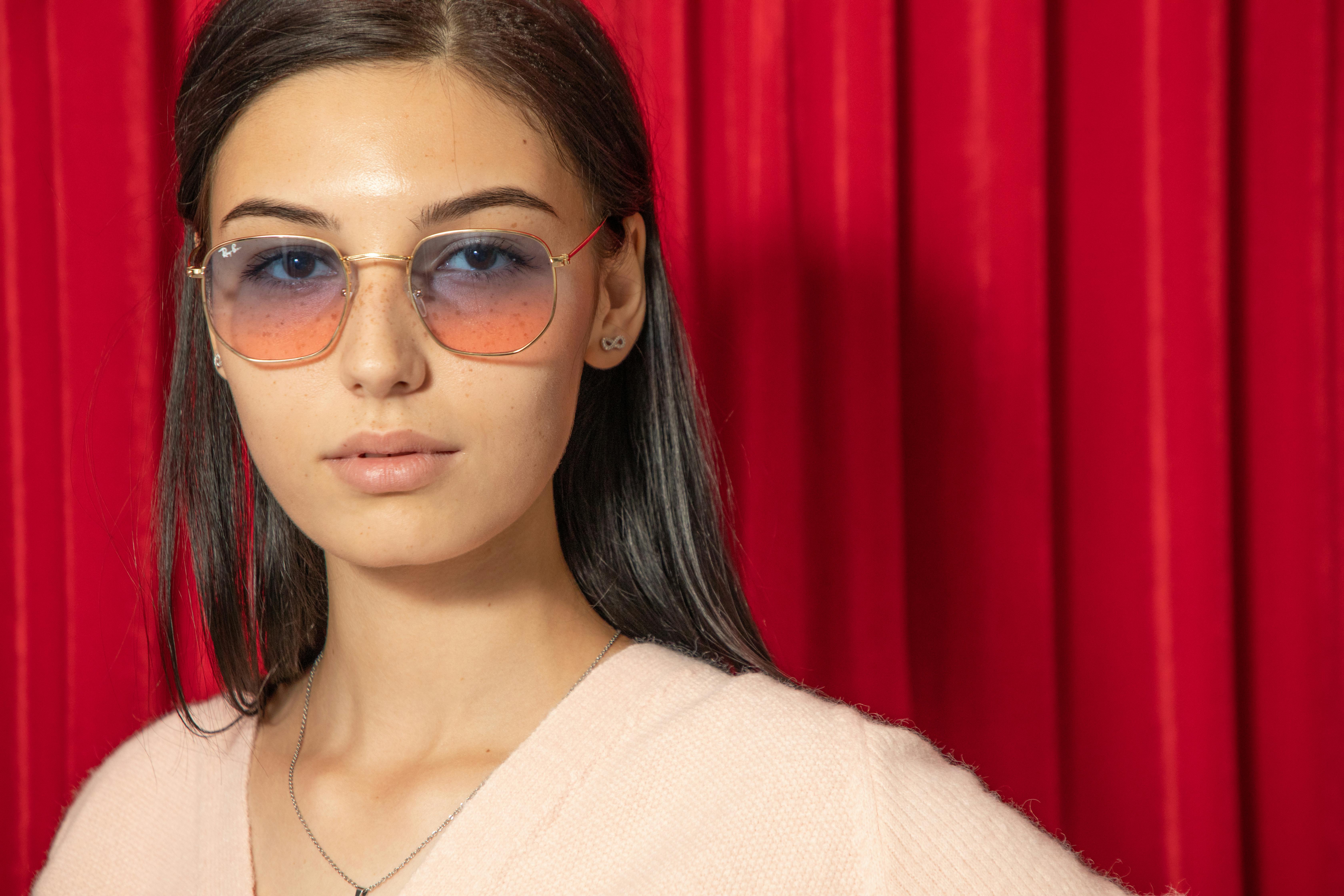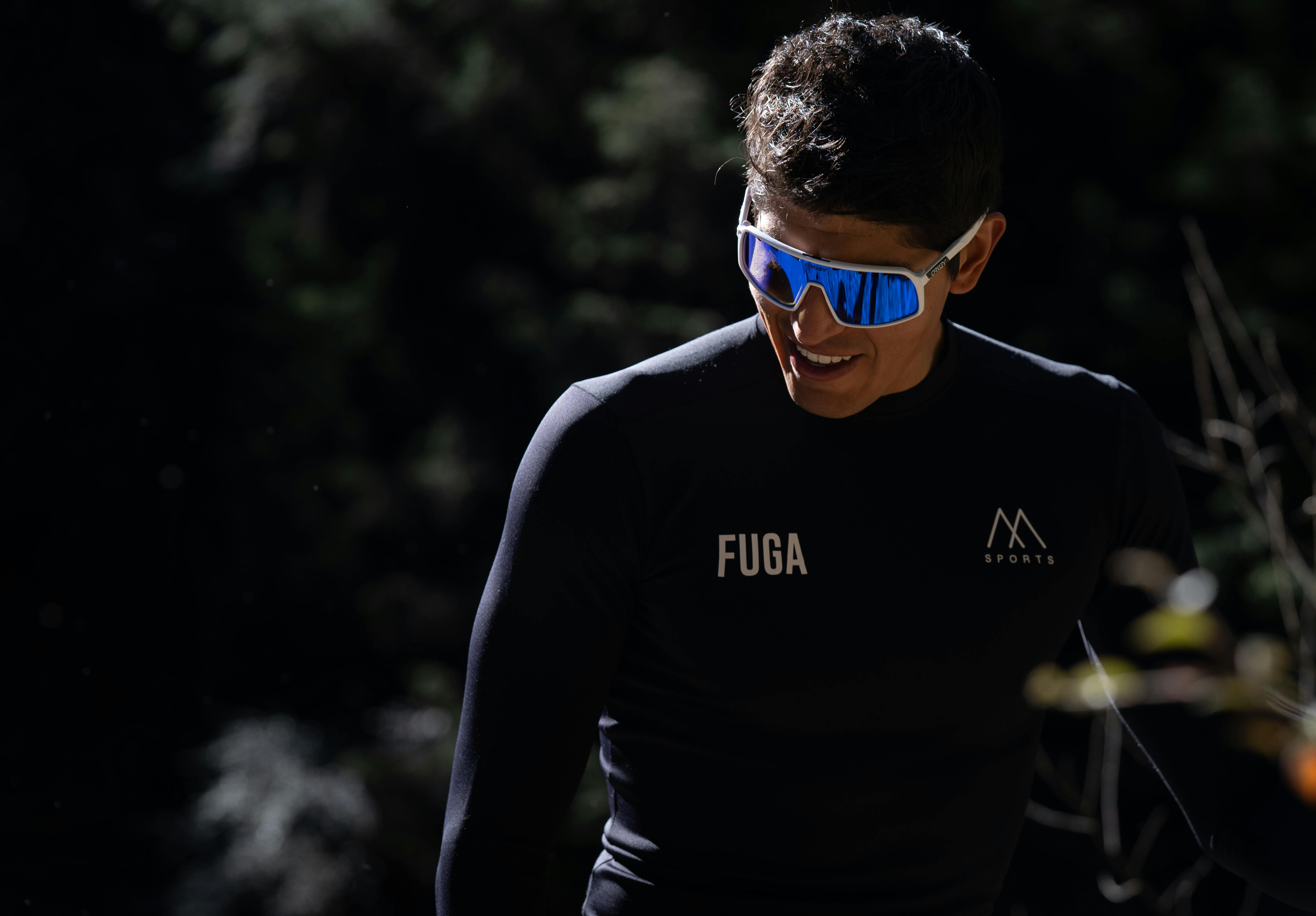Winter Sunglasses: Why You Still Need UV Protection in the Cold
When we think of sunglasses, our minds often drift to sunny summer days, beach vacations, and outdoor adventures under a bright blue sky. But what about winter? As the temperature drops and the days grow shorter, many of us stash our sunglasses away, thinking they’re no longer necessary. However, the truth is that UV protection is just as important in the winter as it is in the summer—if not more so. Here’s why you should keep your sunglasses handy all year round.
1. Snow Reflects UV Rays
One of the biggest reasons to wear sunglasses in winter is snow. Fresh snow can reflect up to 80% of the sun’s UV rays, almost doubling your exposure. This phenomenon, known as snow blindness, can cause a painful condition called photokeratitis—essentially a sunburn on your cornea. Symptoms include redness, tearing, and a gritty feeling in your eyes. Wearing sunglasses with 100% UV protection can shield your eyes from this intense reflected light.
2. The Sun is Lower, But Still Strong
During winter, the sun sits lower in the sky, which means its rays hit your eyes at a different angle. This can actually increase your exposure to harmful UV radiation, especially during early morning and late afternoon hours. Even on overcast days, up to 80% of UV rays can penetrate through clouds, making sunglasses a must-have accessory regardless of the weather.
3. Protect Your Eyes from Wind and Debris
Winter often brings harsh winds, which can dry out your eyes and make them more susceptible to irritation. Sunglasses act as a barrier, shielding your eyes from wind, dust, and debris. Look for wraparound styles or glasses with side shields for maximum protection.
4. Prevent Long-Term Damage
Prolonged exposure to UV rays can lead to serious eye conditions over time, including cataracts, macular degeneration, and even cancer of the eyelids. By wearing sunglasses in the winter, you’re not just protecting your eyes from immediate discomfort—you’re also safeguarding your long-term vision.
5. Enhance Visibility and Reduce Glare
Winter sun can create intense glare, especially when it reflects off snow, ice, or wet surfaces. Polarized sunglasses are particularly effective at reducing glare, improving visibility, and making outdoor activities like skiing, snowboarding, or even driving safer and more enjoyable.
Choosing the Right Winter Sunglasses
Not all sunglasses are created equal. When selecting a pair for winter, keep these tips in mind:
- 100% UV Protection: Ensure your sunglasses block 100% of UVA and UVB rays.
- Polarized Lenses: These reduce glare and improve clarity, making them ideal for snowy conditions.
- Durable Frames: Opt for sturdy, weather-resistant materials that can withstand cold temperatures.
- Wraparound Styles: These provide extra coverage and protection from wind and peripheral light.
- Tinted Lenses: Amber or rose-tinted lenses can enhance contrast, making it easier to see variations in snowy terrain.
Winter may not seem like the most obvious time to wear sunglasses, but the reality is that your eyes need protection year-round. Whether you’re hitting the slopes, shoveling snow, or simply enjoying a brisk walk on a sunny winter day, don’t forget to grab your sunglasses. Your eyes will thank you—now and in the future.
So, before you head out into the frosty wonderland this winter, make sure your sunglasses are as much a part of your outfit as your scarf and gloves. After all, protecting your vision is always in season!
.webp)














.webp)

.png)
.webp)


.png)


Comments
Post a Comment
Share your thoughts and Questions here.